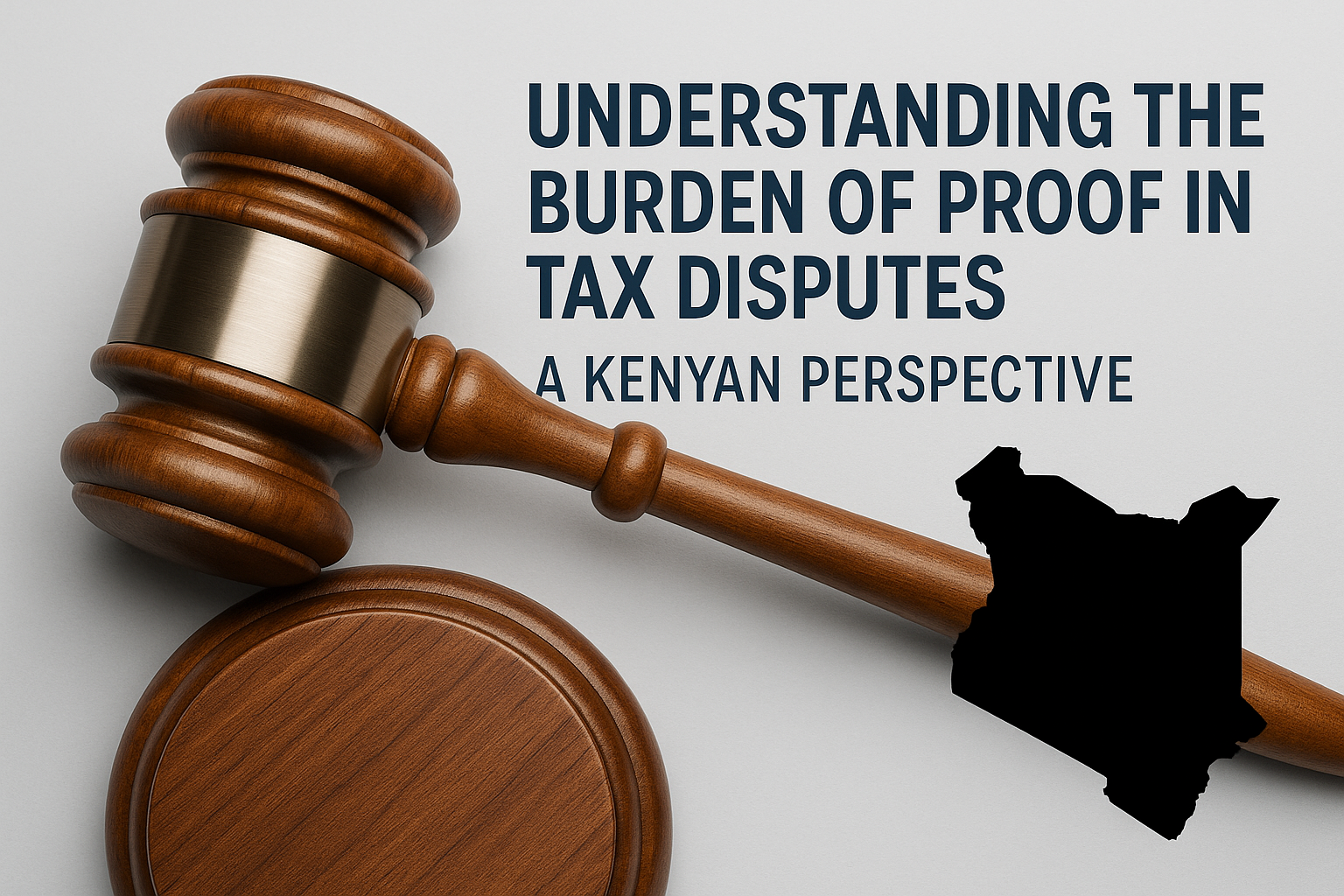There are several common pain points that non-profit organizations in Kenya experience when engaging with auditors of financial statements. Whereas audit findings can vary widely depending on the specific circumstances of each organization. From our experience with audit of non-profit organizations, there are certain areas that may be commonly identified as issues during the audit process, including but not limited to:
- Lack of proper financial documentation: Non-profit organizations may have inadequate documentation or records of their financial activities, which can make it difficult to accurately report on their financial position.
- Non-compliance with financial regulations: Non-profit organizations may not be fully compliant with financial regulations, such as requirements for financial reporting or restrictions on the use of funds.
- Weak financial controls: Non-profit organizations may have weak financial controls, such as inadequate segregation of duties or a lack of proper authorization for financial transactions
- Inadequate financial planning: Non-profit organizations may not have adequate financial planning processes in place, which can make it difficult for them to effectively manage their resources and achieve their financial goals.
- Unsupported transactions: Non-profit organizations may have transactions that are not properly supported by documentation, which can make it difficult to accurately report on their financial position
Why these outcomes?
It is indeed a worrisome trend, we have dug into the insights of why this is so; our findings are summarized as:
- Limited resources: Many non-profit organizations in Kenya have limited financial resources, which can make it difficult to afford the cost of an audit. Limited financial resources are driven by a variety of factors, such as a small donor base, limited fundraising opportunities, or a narrow focus on a specific issue or cause. As a result, they may struggle to afford the cost of an audit, which can be a significant expense for an organization. This can create a burden on the organization and may lead to difficult decisions about prioritizing the allocation of limited resources. In some cases, non-profit organizations may need to fundraise specifically to cover the cost of an audit, which can be time-consuming and divert resources away from the organization’s primary mission
- Lack of understanding of the audit process: Non-profit organizations may not have experience with the audit process, which can make it difficult for them to understand the auditor’s requirements and expectations. This can lead to confusion and misunderstandings, and may result in the organization not being fully prepared for the audit. Non-profit organizations may not be familiar with the types of documentation that are required for an audit, or may not understand the steps involved in the audit process. This can create additional challenges and may lead to delays or additional costs. It is important for non-profit organizations to have a clear understanding of the audit process to ensure that the audit is conducted efficiently and effectively.
- Limited staff capacity: Non-profit organizations may have limited staff capacity due to a variety of factors, such as a small staff size, a high workload, or a lack of specialized skills or knowledge. These factors make it challenging to gather and prepare the necessary documentation for the audit. As a result, they may struggle to gather and prepare the necessary documentation for the audit. This can be a time-consuming process, and may require the organization to divert staff resources away from other important tasks. Limited staff capacity can also make it challenging for the organization to review and understand the audit report, and to implement any recommendations or changes that may be necessary as a result of the audit. It is important for non-profit organizations to carefully consider their staff capacity when planning for an audit to ensure that they have the necessary resources to complete the process effectively.
- Limited understanding of financial regulations: Non-profit organizations may not have a thorough understanding of financial regulations, which can lead to difficulties in ensuring compliance with these regulations during the audit process. Non-profit organizations may be unfamiliar with the specific requirements for financial reporting, or may not have processes in place to track and report on financial activities. This can create challenges for the organization during the audit process, and may lead to the identification of issues or non-compliance with regulations. Limited understanding of financial regulations can also make it difficult for the organization to understand and address any recommendations or changes that may be necessary as a result of the audit. It is important for non-profit organizations to ensure that they have a good understanding of financial regulations to avoid potential issues during the audit process.
- Communication challenges: There may be challenges in communicating effectively with the auditor, particularly if there are differences in technical understanding. Non-profit organizations may struggle to understand the auditor’s requirements or to explain their financial processes and activities. This can lead to misunderstandings and may result in the audit taking longer than necessary. Communication challenges can also make it difficult for the organization to review and understand the audit report, and to implement any recommendations or changes that may be necessary as a result of the audit. It is important for non-profit organizations to ensure that there are effective channels of communication with the auditor to avoid potential issues during the audit process.
What we can do for you
“At FHC, we understand the unique challenges that non-profit organizations in Kenya face when it comes to financial management and reporting. We can help you by providing education and guidance on financial regulations and best practices. This includes:
- Offering assistance with compliance: We support non-profit organizations in Kenya to meet compliance with financial regulations, and helping the organization to avoid potential issues during the audit process.
- Providing advice on financial management: We offer advice to non-profit organizations on financial management practices, such as budgeting, forecasting, and financial planning, which can help the organization to better manage their resources and achieve their financial goals.
- Offering guidance on financial reporting: We offer guidance to non-profit organizations on financial reporting requirements and best practices, helping the organization to accurately and transparently report on their financial activities.
- Providing training: We provide training to non-profit staff on financial regulations and the audit process, helping the organization to better understand their obligations and the steps involved in the audit process
We offer a range of services to help non-profit organizations like yours to achieve compliance with financial regulations, improve financial management practices, and provide transparent and accurate financial reporting. We would be happy to discuss your specific needs and how we can help your organization to achieve its financial goals. Please don’t hesitate to contact us to learn more.














